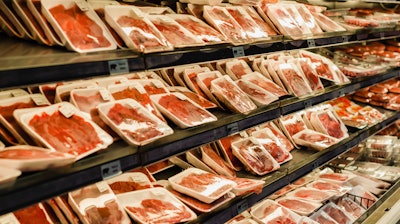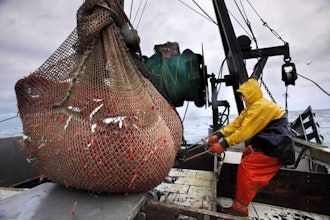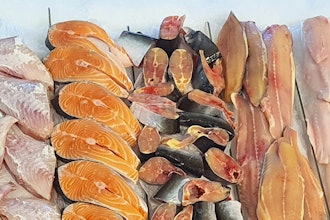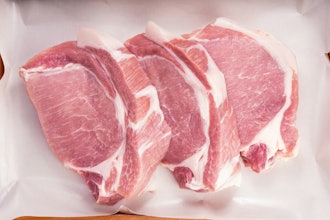
Following claims that food giants JBS and BRF are contributing to deforestation, with investor network FAIRR landing them with poor ratings for their environmental negligence, big retailers such as Tesco have been pressured to distance themselves. JBS monitors cattle suppliers on 45 million hectares in the Amazon, an area bigger than Germany. If meat manufacturers do not address these environmental concerns quickly, other large retailers may seek to cut ties higher in the supply chain to streamline a workflow that has already been disrupted for FMCG businesses during COVID-19, says GlobalData, a data and analytics company.
Jim Toy, consumer analyst at GlobalData, comments: “Standing at $1.3 trillion in 2019, the global meat sector is indeed a lucrative market for existing and emerging companies. However, as the world tilts towards a more eco-friendly consensus, established players such as JBS and BRF may find themselves outpaced by smaller companies that better align to these ideals. With more and more customers shifting towards a flexitarian diet and meat substitutes, it is imperative that the meat industry does all it can to align with the global trend.”
A survey by GlobalData found that 19 percent of consumers in the US, China and UAE, are always influenced by a product’s ethical/environmental/social impact above all other factors. Furthermore, there is evidence for increased support for flexitarian diets in the growing global meat substitute market, which has grown by 8 percent in 2020 to reach $5.1 billion from $4.7 billion in 2019.
Toy continues: “The FAIRR rating for companies of this size should really be standing around 20-30. Seeing that JBS and BRF scored 15 and 16 out of 100, respectively, this issue is definitely something they should look to address to avoid risking traction to smaller, more ethically-conscious meat manufacturers – or indeed, manufacturers of plant-based alternatives in the coming years.”






















